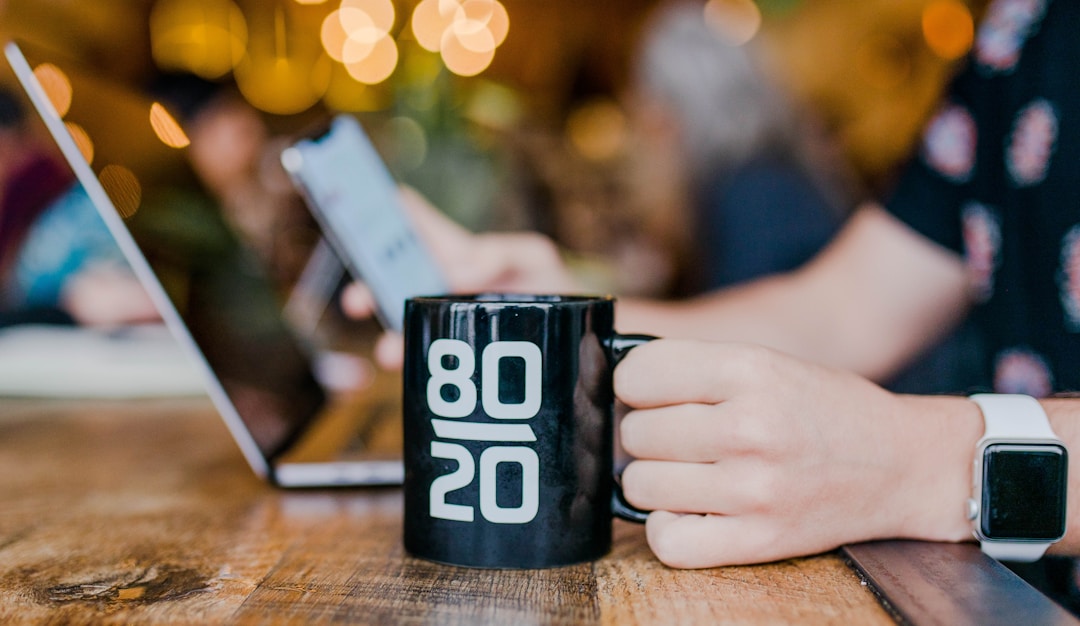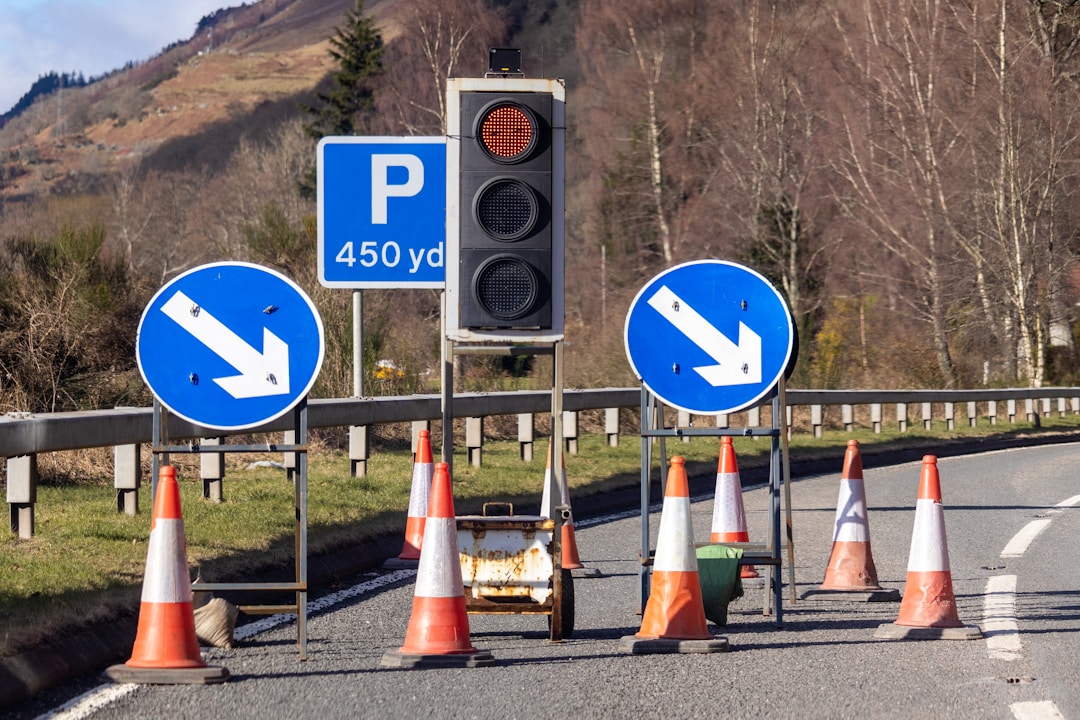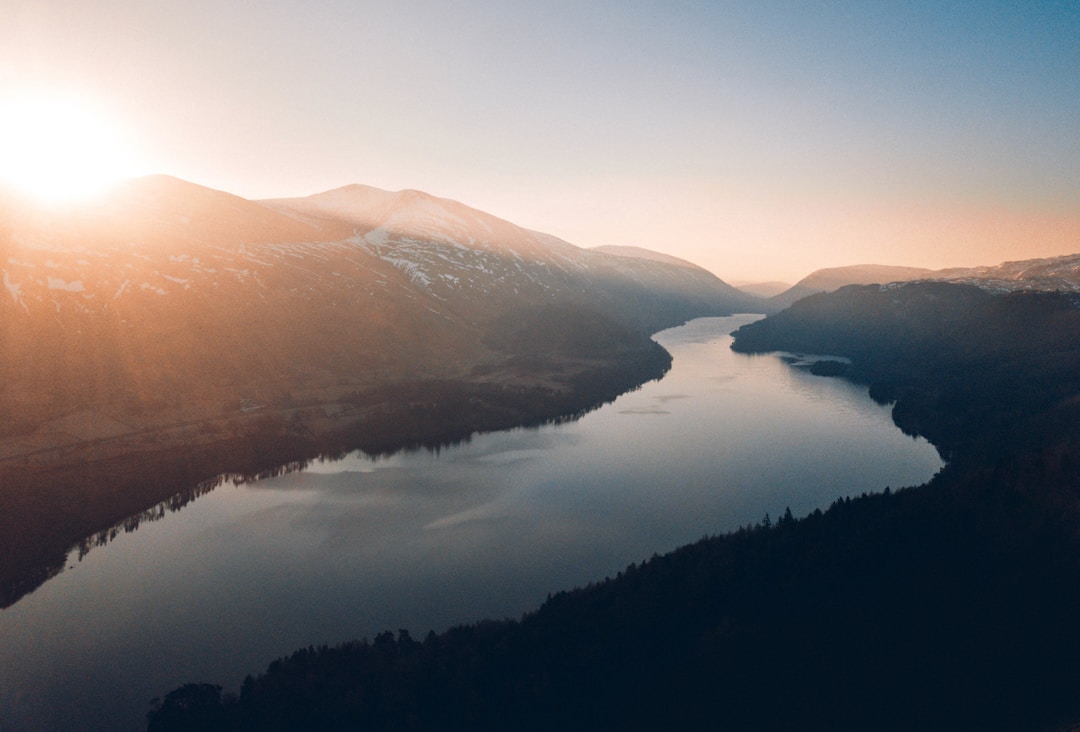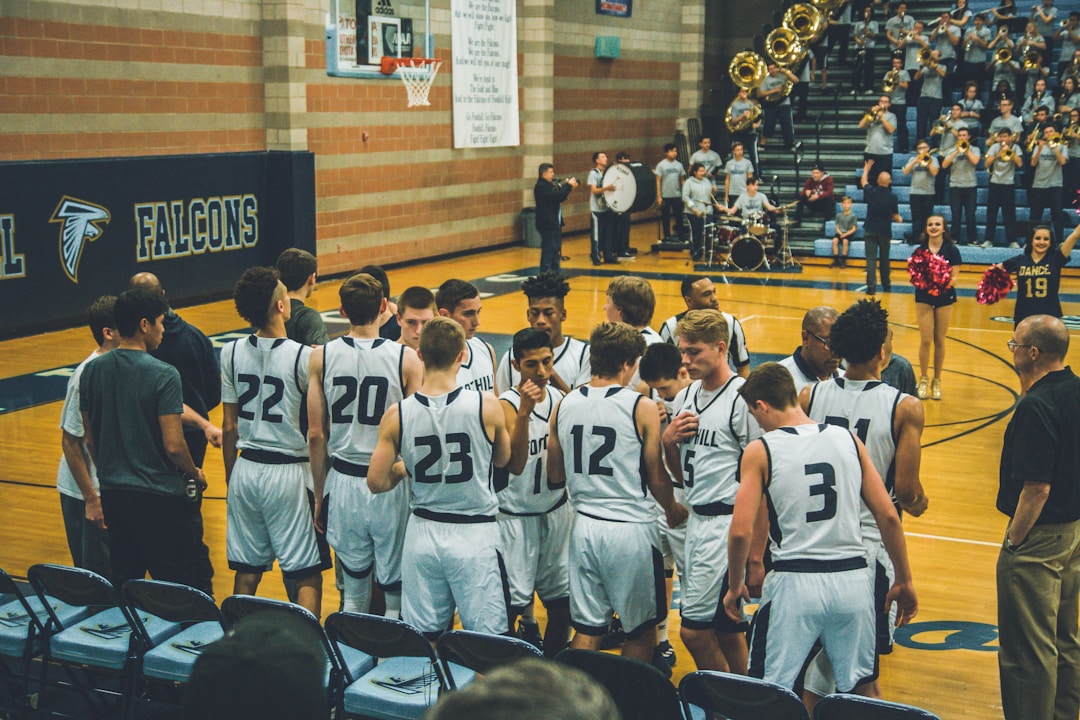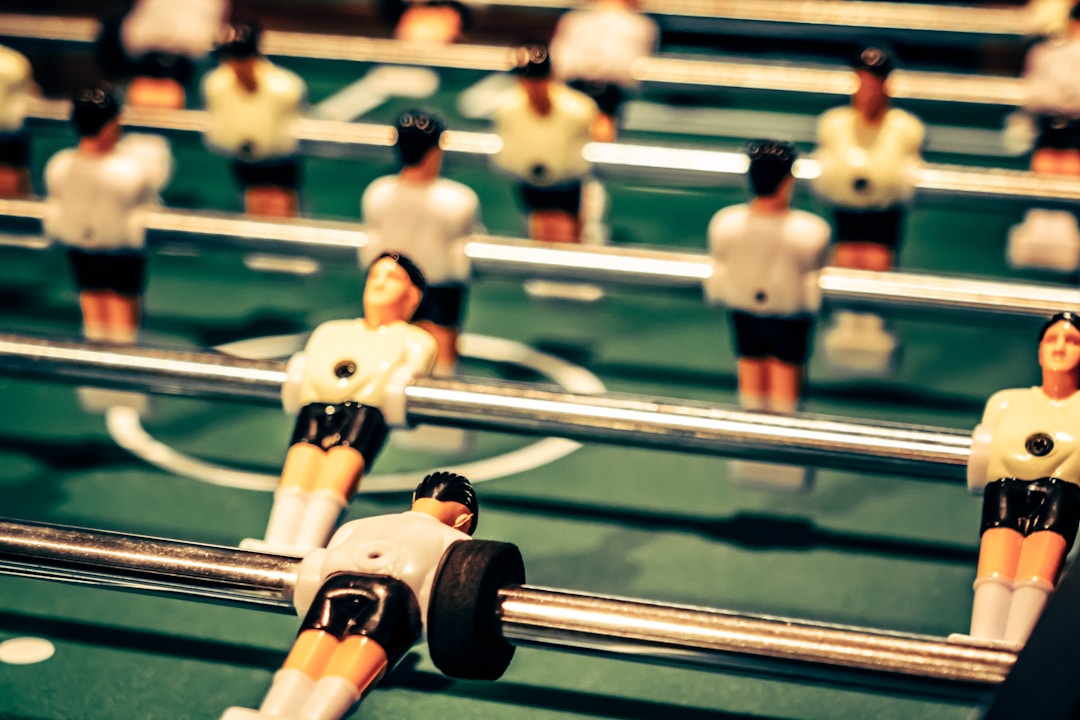Good After Covid19 is an initiative of an informal network of people committed to finding how to build Good after the crisis. Here a summary of the first event.
Good After Covid19 is an initiative of a diverse group of thinkers, to start thinking about what Good can be done after this major pandemic. Coming from an idea of Carlo Giardinetti and Sara Roversi, 40 people met online for a virtual workshop on Tuesday, March 24th, for a 2 hours long fishbowl. The fishbowl was streamed through Youtube, with several hundred viewers from across the globe.
The discussion started with an initial reflection from Paul Polman, former CEO of Unilever, and now one of the strongest advocates for sustainability also through Imagine, an organisation he helped cofound.
How to draw opportunities from a crisis?
This was chiefly the main topic of the conversation. Although we are fully aware that the crisis is not over, and actually, we have been called upon the attention that Covid-19 might impact still very severely continents like Africa and South America (where health systems are a lot less developed). Several thoughts have been raised, brilliantly captured in a summary graphic as per below.

The topics covered tackled different levels and time horizons, all relevant, but that requires a sharp focus. One of the core messages is that the Covid-19 crisis is Making the Invisible Visible under several circumstances. The role of front-line workers, for example, the part of the support for the elderly, investments in healthcare, the impact of social distancing. Just think about the importance of Food in the current crisis, as people stocked their houses to prepare for the quarantine, we have seen new behaviours.
We also see the importance of several essential elements here: Education, for example: how long is it possible to drive learning from home? What about Social Protection in taking care of the people that are more hit by the current economic slowdown?
In this context, as we reflect on the future, the UN Global Sustainable Development Goals keep being the North Star in guiding us. But a key question was brought up: will we be capable of managing this through? If a Bad System will always beat a Good Person, how can we change the system?
An overlying question came through about the current status of Democracy. We are all seeing the tension between the needed restriction of liberties for public health, and the risk of an authoritarian response. The case of Hungary (where the government has requested special powers for an indefinite period) is a sign of how things can potentially go wrong. Ray Dalio has started a newsletter on Linkedin, and his first post shows to a great extent how History tends to repeat itself, and how there’s a risk that we repeat the errors incurred in the period between the two World Wars.
The different levels of analysis
With so many speakers from different backgrounds, it was natural to draw ideas at different levels. Good After Covid19 can mean different things depending on the stakeholder involved.
Change, in this case, needs to start at an individual level. We are seeing how communities are playing a vital role in the way people are expressing support today. But we need to think also at Change at aggregate levels. Whether we speak of companies, NGOs, entire markets or industries, we need to tackle Change also at this level. Finally, Change needs to happen also at consolidated country and global level.
In the discussion, a few topics emerged that are transversal across all of these levels: Trust, Leadership, shared Purpose and the dichotomy Collaboration / Competition.
- Trust has been a critical element for reflection already for some time, as we have seen with the increasing Fake News trends and the development of populist movement across most western democracies. These last weeks seem to demonstrate a timid resurgence of trust, at least in the scientific community. Yet a lot of work needs to be done, as the recent Edelman Trust Barometer shows. Trust needs to be seen across different layers, and in this probably one of the best options is to slow down and listen as a critical attribute for the development.
- Leadership has been one of the topics that were more mentioned. But what type of Leadership do we need? I think that there is no one answer, as there are different levels we need to consider. At an aggregate level, Collaborative Leadership is probably the most apparent need, especially in light of the work that needs to be done to achieve the SDGs. This needs to be based on a strong sense of self. However, in smaller organisations, we need to recognise that Leadership is situational, and different styles might be required for different needs.
- Collaboration and Competition have also been frequently mentioned in the discussion as critical elements. Each will apply to different levels situationally, as long as consistency is there. They are the basis of the Social Contract that is necessary to be built (or renewed), to create a bridge between the short term needs for health and the long term vision of more resilience.
- A Shared Sense of Purpose is vital to enable the sense of community that we have seen forming. Again, this concept transcends levels and is potentially relevant for individuals and organisations alike. For example, in the wake on how the Business Roundtable has re-centred corporations around multi-stakeholders purpose, it is even more clear that this concept needs to be expanded—and supported with the required consistency.
Another transversal topic has been mentioned several times, and I think it is important to cite. That of Bias affecting choices and interpretations. I have already covered unconscious bias and the importance of awareness. What’s essential in this context, is making sure we don’t drag old preferences into the new world, whatever that will be.
What Good can we build?
We are thinking about the positive impact of this crisis and the new reality after this crisis. As Katrin Muff put it, this is a defining moment for us to re-imagine our civilisation, society and business. Again, different levels of reasoning might be necessary, but we need to start somewhere. Building Good After Covid19 starts, however, from here.
There is a lot that can be achieved by putting under scrutiny our old ways of thinking. For example, this current crisis is building upon a much needed cross-generation collaboration, something we need to use in the future at all levels consistently: in families, businesses but also at country levels.
Yes, there are broad questions. Will surviving this crisis bring more energy to support, for example, the explicit focus we need to achieve to solve the climate change crisis?
We need to start, one step at a time in a moment that is going to shape our generation, in multiple ways.
The Business Perspective
Let me zoom in for a moment on the business perspective. Although I share all of the concerns and the topics shared in the discussion, I tried to add my viewpoint specifically from what is happening (or should happen) in the business. As Josh Bersin puts it brilliantly, there is a genuine opportunity for a big reset.
Elaborating further on the few considerations that I have already made, four layers make me think will change profoundly as a consequence of Covid-19. The challenge is to give these changes a direction for Good.
- The Work of the Future has changed. We are seeing the biggest technological experiment ever seen in changing the way a big part of the workforce uses technology to work from home. This is changing our perception towards technology but potentially can redefine the entire way we work. Will we be willing to go back to our commutes? Will we need all that big office space? Is collaboration evolving into something different? How are managers developing their leadership styles? Many questions that need an answer.
- If the above is valid for the so-called “white-collar worker”, this challenging period is redefining the role of front-line workers across several industries. The nurse in her protective equipment, the “gig-worker” food delivery guy that brings you the dinner, the cashier at the supermarket, are all categories that live on the edge of underpayment, yet are keeping our lifestyle afloat today, even while exposing themselves to the highest risk of contagion.
- The Experience Economy is coming to a turning point. With the lockdown, all the touch-point intensive industries have come to a stop. Ecommerce is getting boosted in some areas, but the question that lingers in the air is how will be the after? I think we will be reviewing a lot of the experiences we are going to have in the future with a different mindset. Maybe also thinking in terms of sustainability.
- Finally, this considerable crisis will, for sure, challenge the way we think in terms of Organisation Resilience. Good After Covid19 for mee means also thinking on the community impacts of our organisation, and how our corporate Leadership, culture, teams have brought in renewed energy in the survival of the organisation. This will be true, especially if we can find alternative ways of measuring the value created by the organisation, not solely in financial terms.
All in all, a set of significant challenges. Can we control them? In some cases, yes. We can achieve a lot if we can direct the effort through the key points that will make the difference. Good After Covid19 is not just about keeping our businesses afloat, but interpreting a new way of capitalism that takes into consideration all of our stakeholders (including our Planet).
Time to get engaged: help us build the Good After Covid19
If you also think there is something that can be done to create a better world after this crisis, get involved. Make sure you follow on the main Good After Covid19 project website or follow the official twitter account.
If you are interested in the more business-related angle, make sure you subscribe to my newsletter to ensure you receive my latest updates.

Comments and Feedbacks
More posts like this


